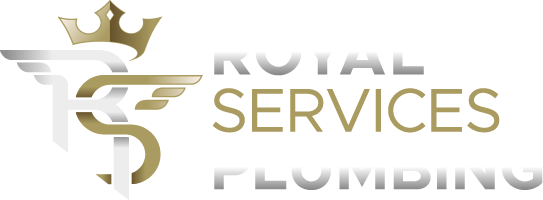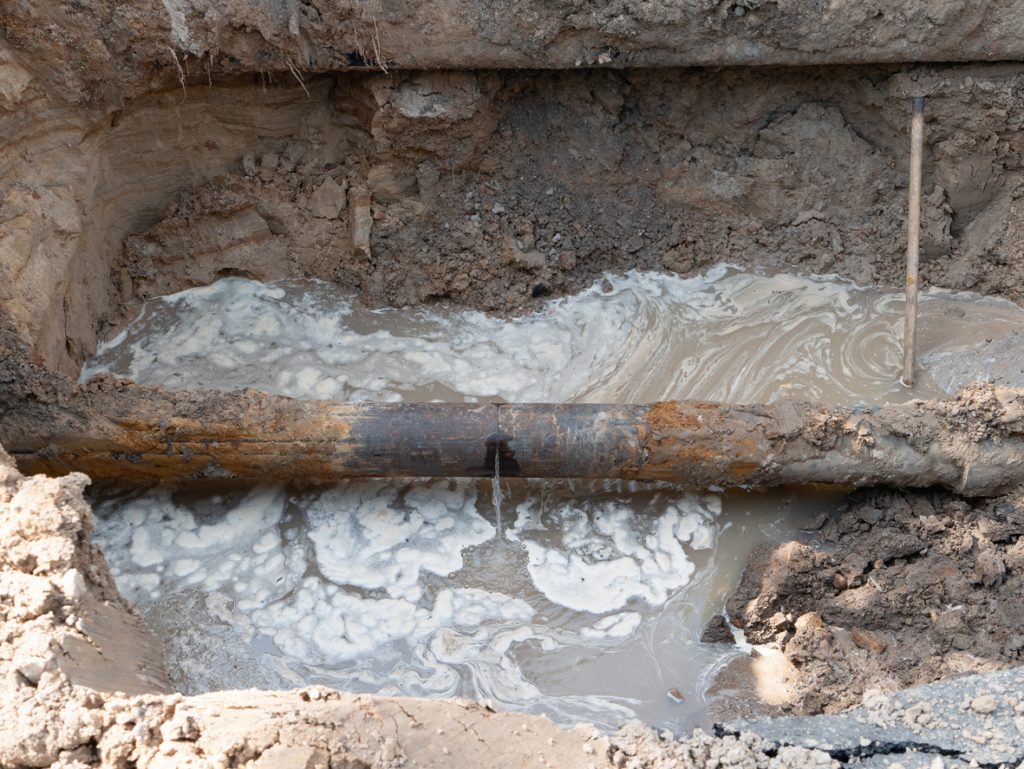Your plumbing system consists of a complex arrangement of pipes and other components. The system must be in tip-top condition to work efficiently and effectively. A healthy plumbing system runs quietly and doesn’t leak or clog easily. Here’s how to keep your plumbing in great shape.
1. Never Put Fats, Grease, or Oil Down the Sink or Toilet
Grease and oil can potentially clog your plumbing system. Kitchen fats tend to solidify at low temperatures, forming a thick substance that sticks to the insides of the pipes. When grease solidifies, it naturally expands, leading to pipe blockages. Clogs can cause your lines to back up and overflow. Grease and oil are also vulnerable to bacteria.
Plumbing systems should only be used for their intended purpose. Doing otherwise may overburden your waste disposal system and jeopardize the quality of wastewater treatment. Dispose of kitchen fat, grease, and oil in a trashcan or other suitable container, then place it outdoors for garbage pickup.
2. Use a Drain Cleaner Sparingly
Drain cleaners can help solve certain plumbing problems. However, too much drain cleaner can irritate the plumbing system and even cause severe damage to your pipes and septic system. The chemicals in drain cleaners have corrosive and acidic properties that can scorch and crack your plumbing system’s pipes.
When cleaning drains, it’s best to use only soap and water or a mild detergent solution. Otherwise, use only a plumber-approved drain cleaner. The cleaner should be diluted in water. Use a soft brush to scrub the drain. Many products on the market offer solutions for clogged drains. Research these products before you buy.
3. Check Drain Valves and Pipes Regularly
At least once a month, visually inspect all pipes and valves around the property for any signs of cracks or dips. If you notice any indication of a leak in your plumbing system, get it fixed immediately. Ask a professional plumber to repair old pipes and valves before they start to leak. Other issues, such as bad joints, loose hangers, corroded pipes, damaged washing machine hoses, and dripping faucets, can cause serious plumbing problems. A certified plumber can inspect your system for any issues that may have developed.
4. Know When to Call a Plumber
Do-it-yourself plumbing projects can go wrong if you don’t have prior experience or aren’t very handy with tools and equipment. Call a licensed plumber to assist with plumbing issues that require immediate attention plus professional tools and equipment. Professional plumbers have the experience, skills, and equipment to deal with complex plumbing situations.
Plumbing must meet your area’s code and permit requirements for any project. Your plumber can recognize that and offer advice on what to do next. They know the regulations, requirements, and guidelines they must follow to fix your plumbing system effectively.
Plumbing problems can be unpleasant and frustrating. However, they can be fixed quickly if you know what to do, when, and how. A healthy plumbing system is easy if you commit to its upkeep and regular care. Contact us at Royal Plumbing for sewer line repair and replacement solutions in Brighton, CO and nearby cities. Our team can help you with any questions or concerns about your plumbing system.

